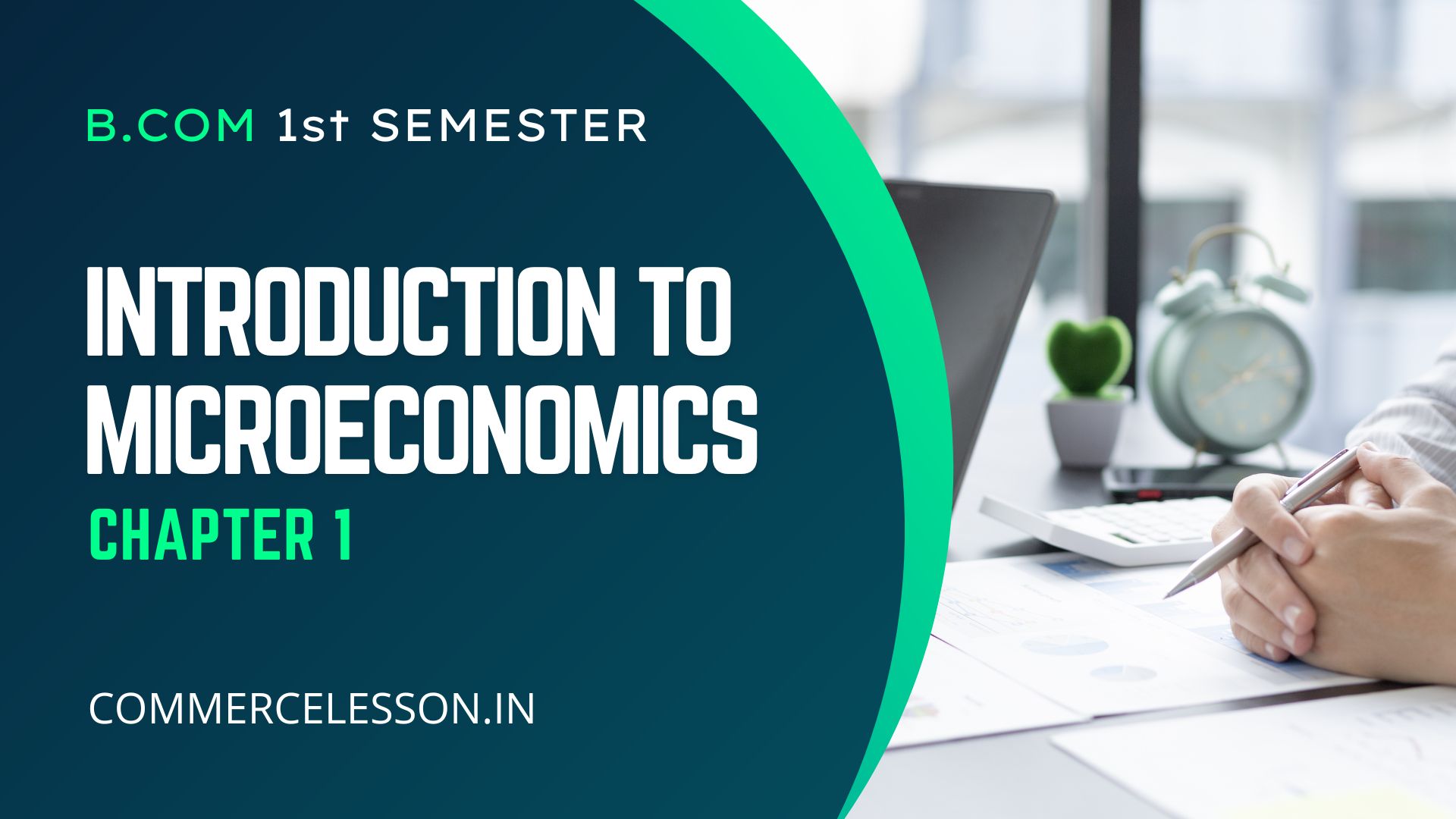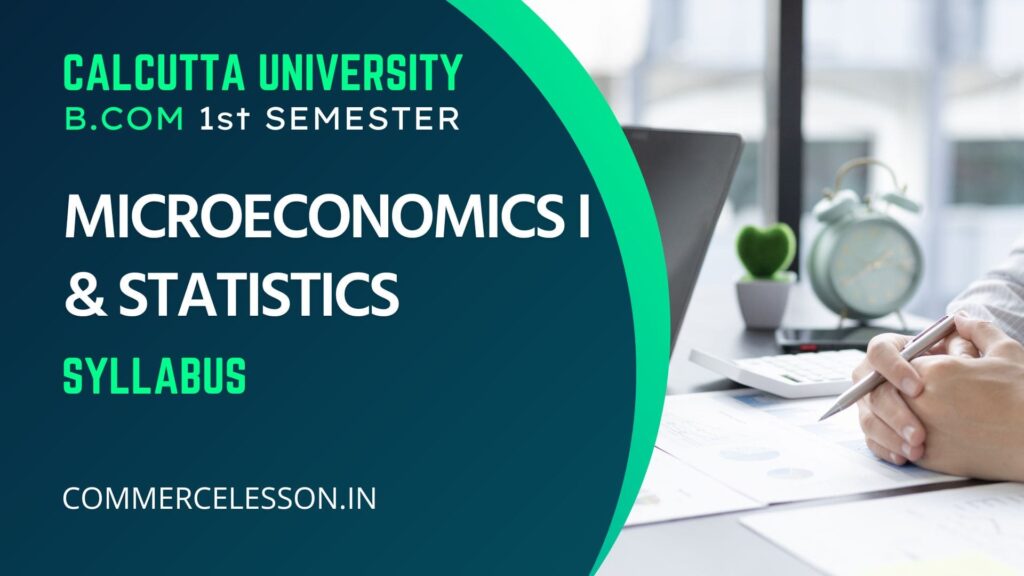(A) Choose the correct alternatives or choose the correct answer:
1. “Economics is a study of money or the part played by money in human affairs.” According to
(a) Prof. Marshall
(b) Lionel Robins
(c) A.C. Cairncross
(d) Prof. Keynes
2. An economics which deals with a part at the economic system is called
(a) Microeconomics
(b) Macroeconomics
(c) International economics
(d) Welfare economics
3. An economics which deals with the total parts of the economic system is called
(a) Microeconomics
(b) Macroeconomics
(c) International economics
(d) Operational economics
4. Which one of the following is not the fundamental problem of an economy?
(a) What to produce and in what quantity?
(b) How to produce?
(c) For whom to produce?
(d) Sufficient supply of factors of production
5. Utility means
(a) Satisfy human want
(b) Power to remove human wants
(c) Production
(d) Price system
6. Which one of the following is not a characteristic of wealth?
(a) Utility
(b) Externalities
(c) Transferability
(d) Absence of Scarcity
7. According to modern economists, creation of utility is called
(a) Consumption
(b) Wants
(c) Scarcity
(d) Production
8. All firms which produce same type of goods are called
(a) Industry
(b) Production unit
(c) Market
(d) Organiser
9. Which one of the following is not the factors of production?
(a) Land
(b) Capital
(c) Consumer
(d) Labour
10. Economic system mainly organised by price system is the
(a) Socialistic economic system
(b) Capitalistic economic system
(c) Mixed economic system
(d) Family based economic system
11. Mixed economic system emerges by
(a) The combination of capitalistic economic system and socialistic economic system
(b) Only through the private ownership of the factors of production
(c) Only through the social ownership of the factors of production
(d) Only through family base ownership of the factors of production
12. Which one of the following is not the basic unit of the economy?
(a) Household or consumer
(b) Production unit or firm
(c) Government
(d) Welfare
13. Which one of the following is not capital goods?
(a) Raw materials
(b) Rice
(c) Machineries
(d) Factory shade
14. Mechanism by which the price of the different goods, services and the factors of production are determined by interaction between demand and supply without any market regulation is called
(a) Price mechanism
(b) Government regulation
(c) Social regulation
(d) Non price competition
15. In a capitalistic economic system who solve the basic problems of the economy?
(a) Price mechanism
(b) Government
(c) Planning Commission
(d) Tax Commission
16. In a capitalistic economy price mechanism is called
(a) Invisible hand
(b) Visible hand
(c) Government control
(d) Society control
17. Which one of the following is not the causes of failure of price mechanism?
(a) Existence of public goods
(b) Existence of natural monopoly
(c) Lack of production efficiency
(d) Social customs
18. An economy in which price is determined on the basis of total demand and total supply freely or independently is called
(a) Market economy
(b) Socialistic economy
(c) Mixed economy
(d) Government regulated economy
(B) Fill in the blank with correct answer:
1. ………. is the father of economics.
(a) Adam Smith
(b) Marshall
(c) Keynes
(d) Friedman
2. A situation from where there is no tendency to change is called ………. .
(a) Consumer’s equilibrium
(b) Firm’s equilibrium
(c) Equilibrium
(d) Dynamic situation
3. The satisfaction or utility that the user gets by using the commodity is called ………. .
(a) Value in exchange
(b) Value in use
(c) Market value
(d) Money value
4. Economic system in which only private ownership o the factors of production exist is called ………. .
(a) Socialistic economic system
(b) Capitalistic economic system
(c) Mixed economic system
(d) Party based economic system
5. Analysis of family, business organisation, determination of output-price level etc. are the subject matter of ………. .
(a) Micro economics
(b) Micro economics
(c) Welfare economics
(d) International economics
6. Analysis of the total product of the economy, total income of the economy or national income, total consumption expenditure etc. are the subject matter of ………. .
(a) Micro economics
(b) Macro economics
(c) Welfare economics
(d) Individualistic economics
7. There arise some situations in which economic stability of the price mechanism is destroyed and it is not possible to use scarce economic resources properly. This situation is called defects of ………. .
(a) Price mechanism
(b) Government regulation
(c) Social control
(d) Planned economy
8. Price mechanism plays the important role in a ………. .
(a) Socialistic economic system
(b) Capitalistic economic system
(c) Family-regulated economic system
(d) Totalitarian economic system
9. An economy in which production, distribution, and consumption are guided by the objectives at individual profit maximisation is called ……….. .
(a) Socialistic economy
(b) Market economy
(c) Government-regulated economy
(d) Family-regulated economy
Liked our post?
We are available with lots and lots of commerce-related content.



[…] Chapter 1 : Introduction to Microeconomics | Multiple Choice Questions […]